
The end of corporate passivity: Why business leaders must shape geopolitics, not just react to it
To thrive in a fragmented world, business leaders must stop being passive spectators and start actively shaping geopolitics, urges IMD’s Arturo Bris...
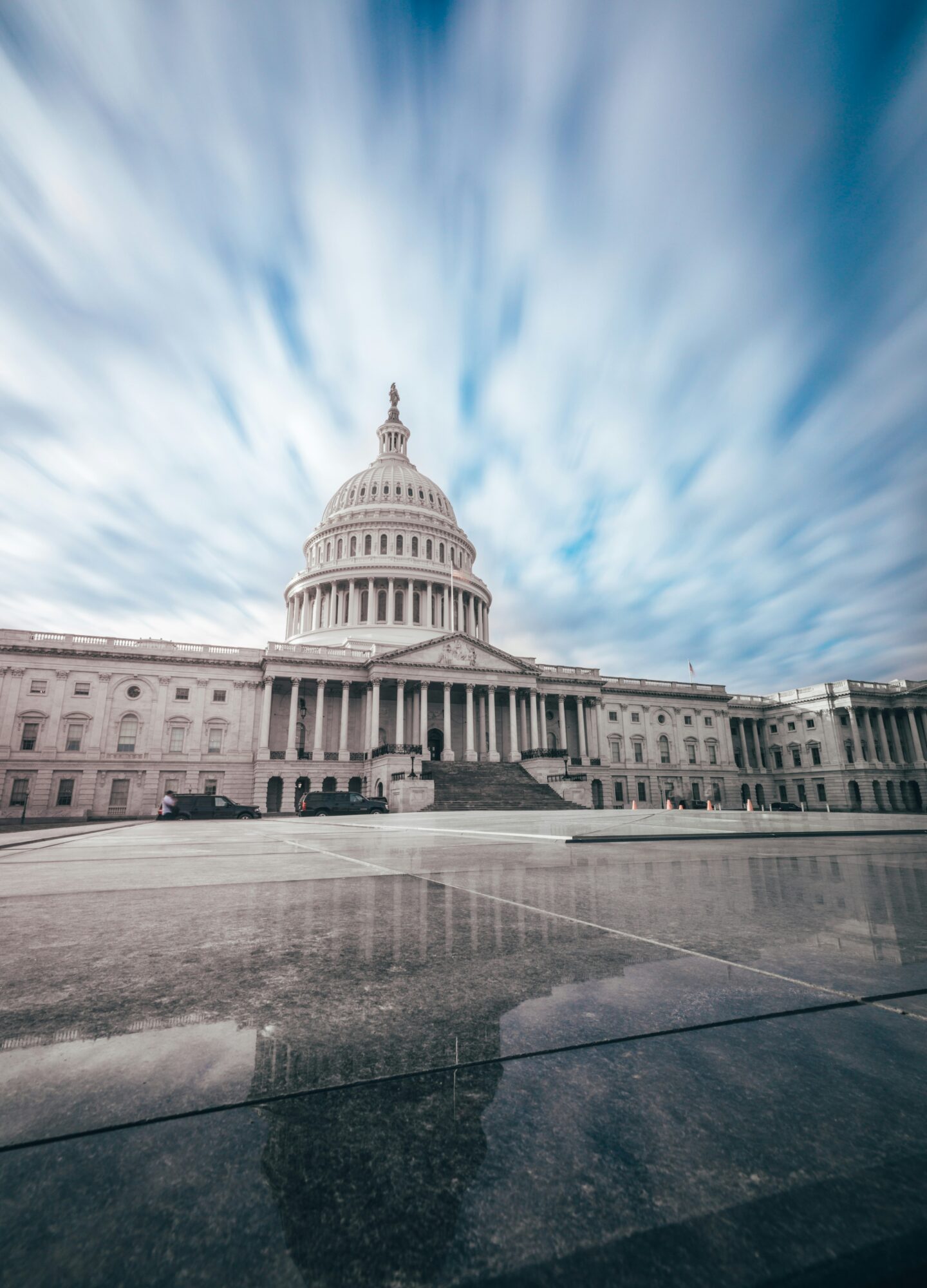
by Jerry Davis Published June 24, 2025 in Geopolitics • 9 min read
How does business get its way with politicians? And how does this dance between business and politics change when the regime is authoritarian rather than democratic? The second Donald Trump administration offers a revealing case study in how political leaders respond to business interests, whether through direct influence from elite donors, the structural incentives of capitalism, or feedback from financial markets.
This article explores competing theories of business influence, from overt oligarchy to more diffuse market-based pressures, and asks whether corporate elites truly rule, or whether politicians simply act in their interests without explicit orders. By examining the early months of Trump’s return to power, we can assess whether he served his business backers, responded to market signals, or followed a more autocratic model in which loyalty matters more than capitalism. The answers may tell us as much about the nature and health of American democracy as about Trump himself, and where he might be taking us.
Trump’s return to office has been a whirlwind. The early months were chaotic, with executive orders gushing from the White House like crude oil from an uncapped well; many were illegal, some unconstitutional. What explained this frenzy? Was “Big Business” pulling the strings from behind the curtain?
The inauguration offered a striking visual: front-row tech broligarchs grinning for the cameras – Jeff Bezos, Mark Zuckerberg, Sundar Pichai, and Elon Musk – having shelled out millions of dollars for the privilege. As savvy investors, they surely expected a return on their contributions. Some observers were surprised to see the very tech leaders who had pulled the plug on Trump’s online megaphone after 6 January smiling at his side. Others saw it as par for the course: the rich always find their way back to power.
Yet months into Trump’s second term, Big Tech remained under siege. Federal lawsuits and antitrust investigations loomed, threatening to break up firms or force divestitures of prized assets. This was odd for a regime known for doling out legal favors and pardons like Halloween candy. Hadn’t the checks cleared? Or was something else at work; something deeper about how corporate power actually operates?
The American political system serves its wealthy elites remarkably well. A 2014 landmark study by political scientists Martin Gilens and Benjamin Page examined hundreds of policy outcomes and concluded: “Economic elites and organized groups representing business interests have substantial independent impacts on US government policy, while average citizens and mass-based interest groups have little or no independent influence.” In other words, government mostly dances to the tune of CEOs and the ultra-rich, not the public.
How do politicians choose policies that serve those elites? One possibility: they take orders directly, like tuxedoed waiters at a Michelin-starred restaurant. Billionaire donors like Sheldon Adelson and Peter Thiel were prominent backers of Trump’s first campaign, and the cash-funneling methods in the current round – such as winning seats at a dinner in exchange for investing in a worthless meme coin – are nothing if not imaginative. The Qatari royal family offered to donate a luxury 747 jet to replace Air Force One, which would be ceded to Trump’s presidential library after he left office. In this world, access requires tribute.
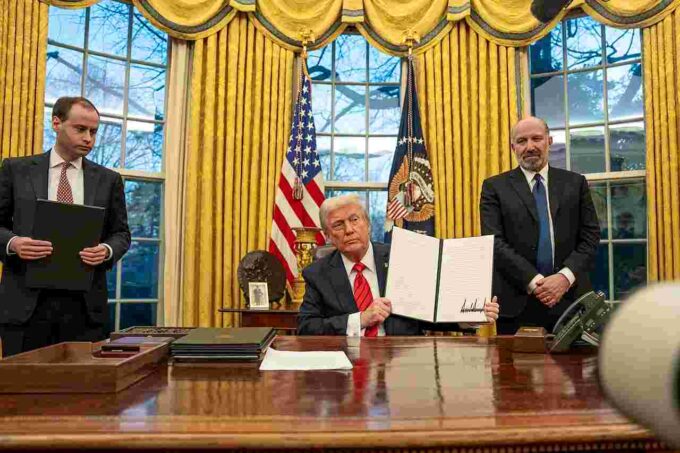
The 2010 Citizens United Supreme Court ruling only intensified this dynamic. The court ruled that to ban corporations spending funds on political advertising violated freedom of speech, opening the floodgates for unlimited “dark money” in politics and fueling what some called “a fusion of private wealth and political power unseen since the Gilded Age.”
Still, business doesn’t speak with a single voice. Steelmakers love tariffs; automakers hate them. Employers with aging workforces might welcome national health care, while insurers and pharmaceutical companies fiercely oppose it. How does government decide what’s best for business as a whole?
Sociologists and political scientists have long studied how elites from business and politics develop a shared worldview. C Wright Mills, writing in the 1950s, described how the power elite attend the same prep schools, join the same clubs, and serve on the same corporate and nonprofit boards. They gather at elite events – Davos in January, Bohemian Grove in July – and often come to internalize similar ideas about governance and markets. Organizations like the Business Roundtable and Chamber of Commerce further coordinate elite consensus.
But maybe such coordination isn’t always necessary. In his influential 1977 essay “The Ruling Class Does Not Rule,” sociologist Fred Block argued that politicians don’t need to take explicit orders. They simply respond to structural incentives: governments depend on economic growth to survive, and growth depends on business confidence. The ruling class does not rule, yet it still gets its way – no cabals required.
But that raises another question: if politicians don’t receive direct orders, how do they know whether their policies are pleasing the business class? After all, economic impacts take time to manifest. Is there a quicker form of feedback?
If you’ve taken a finance class, you’ve likely encountered the efficient markets hypothesis – the idea that markets swiftly incorporate all available information into asset prices. In this view, the stock market serves as a real-time, forward-looking performance review for corporate management. Good decisions are rewarded with higher valuations; bad ones get punished.
In the realm of shareholder capitalism, stock price becomes a kind of GPS for corporate strategy, aligning managers’ incentives (via stock-based pay) with investors’ desires.
The same logic can apply to political leaders. The S&P 500, in this framework, becomes a fitness tracker for the macroeconomy, providing instantaneous signals about the health of the system. Presidents, like CEOs, may come to treat the market as a running referendum on their performance.
President Bill Clinton famously obsessed over markets. He promoted fast-track trade authority by arguing, “If it passes, I think it will have a very positive impact on the stock market here and around the world.” Gene Sperling, Clinton’s economic advisor, once quipped that a speechwriter asked him: “When you were a little kid watching Bobby Kennedy and dreaming of social justice, did you ever imagine whispering in the President’s ear, ‘Sir, there was a big bond rally today’?” On Wall Street, they call that “trusting the tape”.
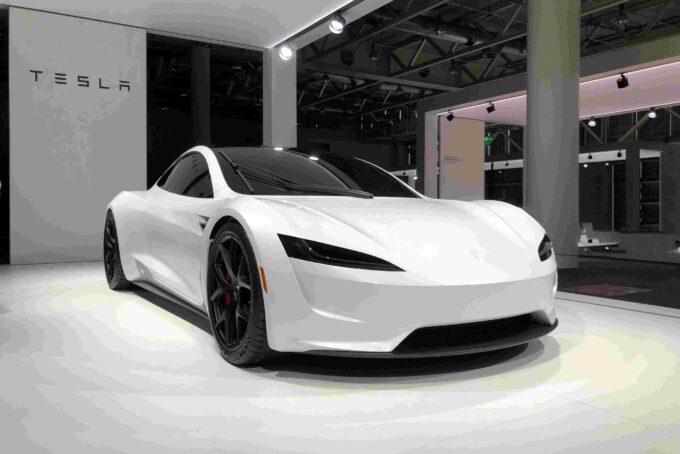
It’s not just elites who monitor the markets. Roughly 58% of American families are invested in stocks, mostly via 401(k)s and college savings plans. For them, a 20% drop in the S&P might mean delaying retirement or settling for a less prestigious university for the kids. Grocery prices are annoying, but a market crash can be devastating.
In this sense, the stock market becomes an invisible dog fence delivering shocks to presidents who veer too far from policies acceptable to capital.
Trump certainly noticed. During his first term, he often treated market performance as a personal report card. “The reason our stock market is so successful is because of me,” he boasted in 2017. “I’ve always been great with money, I’ve always been great with jobs, that’s what I do.” Later, he warned, “If I ever got impeached, I think the market would crash. I think everybody would be very poor.”
In his second term, Trump has largely tuned out the usual guardrails, such as polls, protests, and legal constraints, but one signal still seemed to get through. After imposing sweeping new tariffs, he abruptly reversed course. His economic advisor, Kevin Hassett, explained: “The bond market was telling us, ‘Hey, it is probably time to move.’” Economist Paul Ashworth added: “Although Trump was able to resist the stock market selloff, once the bond market began to weaken, it was only a matter of time before he folded on his eye-wateringly high tariffs.” Of course, business leaders also weighed in through covert (and sometimes overt) lobbying campaigns, prompting a haphazard set of carveouts, but the potential increase in costs for issuing government debt may have had the last word.
So, is it the market, not the oligarchs, that’s really in charge? In today’s economy, the two may be hard to distinguish. By the start of Trump’s second term, just seven tech firms –Apple, Nvidia, Microsoft, Amazon, Alphabet, Meta, and Tesla – accounted for one-third of the S&P 500’s total value. In 2024 alone, their 63% average gains drove over half of the market’s total increase.
In other words, what’s good for the broligarchs is good for the market. And what’s good for the market is, at least nominally, good for the American public, or at least the 58% who hold shares. (Of course, the top 1% own a disproportionate slice of those gains.)
In such a landscape, any rational president would surely do everything in their power to keep Big Tech happy, right?
But there’s another model worth considering, one borrowed from autocracy. In Russia, a coterie of oligarchs helped Vladimir Putin rise to power. They controlled the media, energy, and banking. Yet as Putin consolidated authority, he systematically turned on them, jailing or exiling those who defied him.
Perhaps the US administration’s continuing efforts to curb Big Tech suggest something similar is happening here.
As Anastasia Edel, author of Russia: Putin’s Playground – Empire, Revolution, and the new Tsar, wrote in a recent Atlantic op-ed: “America’s tech oligarchs may discover sooner rather than later that, by undermining democratic governance, they are empowering an authoritarian president who can pick them off one by one – just as Putin did with the oligarchs who helped cement his rule.”
I have written extensively about the threats to democracy posed by the consolidation of power among Big Tech corporations. When a handful of companies control the pathways by which people communicate, work, shop, learn, and engage in basic day-to-day activities, the potential for nondemocratic control is great. Ironically, Big Tech’s rapid and unified response to 6 January illustrated this especially well: Twitter and Facebook cut off Trump’s social media accounts; Apple and Google deleted Parler (the social media platform used by insurrectionists) from their app stores; and Amazon deleted Parler’s account from Amazon Web Services. At a stroke, the infrastructure for the insurrection –and Trump’s communications to his followers – evaporated.
The evidence on the influence of Big Tech so far is mixed. Certainly, Elon Musk’s business interests have benefited massively from his service to the administration: Musk’s companies (Tesla, SpaceX, Neuralink, and X) faced dozens of government investigations and legal cases from the Biden Administration, but many have been dropped. As NBC News notes, “in more than 40 other federal agency matters, regulators have taken no public action on their investigations for several months or more – raising questions about whether those cases may have become dormant.” His Department of Government Efficiency (DOGE) has gutted many of the agencies charged with overseeing his businesses, which accumulated potentially billions in new government contracts. But after three months, he felt compelled to step back from his government role.
Meanwhile, other behemoths such as Google, Amazon, Apple, and Meta remain the focus of Federal Trade Commission and Department of Justice efforts to rein in Big Tech, with little sign of a reversal. Perhaps this time really is different.

Professor of Business Administration and Professor of Sociology, University of Michigan’s Ross School of Business
Jerry Davis is the Gilbert and Ruth Whitaker Professor of Business Administration and Professor of Sociology at the University of Michigan’s Ross School of Business. He has published widely on management, sociology, and finance. His latest book is Taming Corporate Power in the 21st Century (Cambridge University Press, 2022), part of Cambridge Elements Series on Reinventing Capitalism.

23 hours ago • by Arturo Bris in Geopolitics
To thrive in a fragmented world, business leaders must stop being passive spectators and start actively shaping geopolitics, urges IMD’s Arturo Bris...
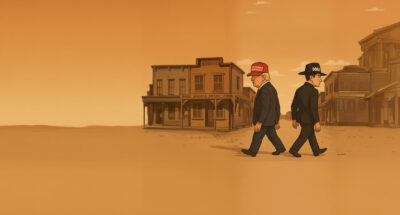
June 20, 2025 • by Arturo Bris in Geopolitics
Was Trump wrong to get Elon on board? Not necessarily: private sector executives should contribute more to policy, argues Arturo Bris ...
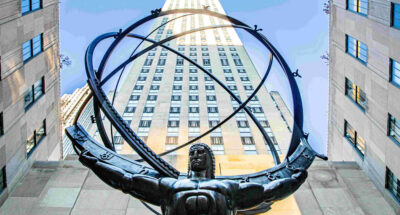
June 19, 2025 • by David Bach, Richard Baldwin, Simon J. Evenett in Geopolitics
As governments lock horns in our increasingly multipolar world, long-held assumptions are being upended. Forward-looking executives realize the next phase of globalization necessitates novel approaches....

June 13, 2025 • by Richard Baldwin in Geopolitics
Trump’s tariff shock didn’t just disrupt trade: it hacked the system. Richard Baldwin explains what it means for global business and why protectionism is here to stay. ...
Explore first person business intelligence from top minds curated for a global executive audience